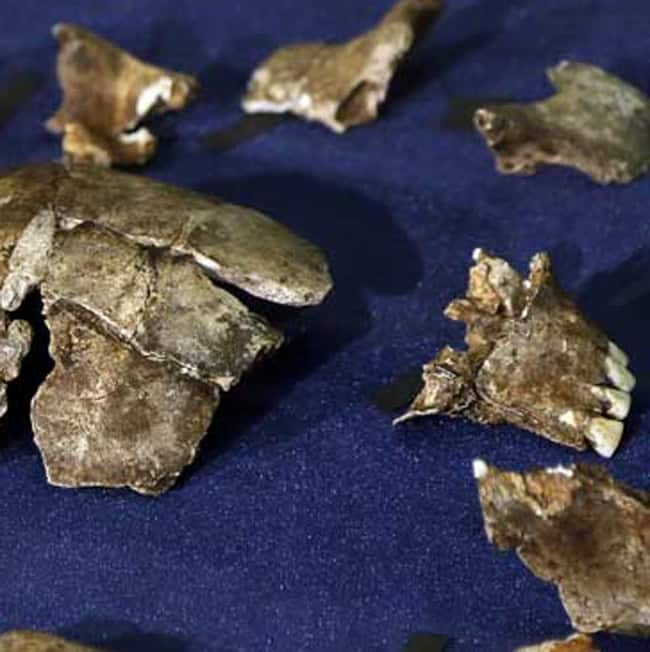London: Scientists have recovered the first historic genomes from a bacterium that causes syphilis — a sexually transmitted bacterial infection — from colonial-era bones of around 350 years ago.
The syphilis-causing genomes from the bacterium “Treponema pallidum” (T.pallidum) were recovered from the remains of five individuals found in a historical site in Mexico City.
In the study, published in the journal PLOS Neglected Tropical Diseases, the researchers were able to distinguish genetically between the sub-species of the disease that cause syphilis and that cause yaws — bacterial infections that affect skins, bones and cartilage — that are usually not recognised in skeletal remains.
“Our work demonstrates the value of molecular identification of ancient pathogens, particularly as applied to treponemal diseases where skeletal responses to the various pathogenic sub-species are often shared, challenging the development of a confident diagnosis through osteological observation,” said lead author Verena Schuenemann from the University of Zurich in Switzerland.
The remains were selected based on skeletal features which suggested a treponemal disease. Three of the individuals tested positive for treponemal DNA.
As with 90 per cent of the individuals from the cemetery, the three individuals were infants, one likely pre-term.
Whole T. pallidum genomes were recovered from all three individuals, and two of the individuals carried sub-species called as T. pallidum ssp. pallidum which causes syphilis; and the other known as T. Pallidum ssp. pertenue which causes yaws.
The results showed that both reconstructed sub-species of T. pallidum can present similar symptoms but can be differentiated genetically in ancient samples.
The researchers noted that the first reconstruction of T. pallidum genomes from archaeological material opens the possibility of studying its evolutionary history at a resolution previously assumed to be out of reach.
IANS

